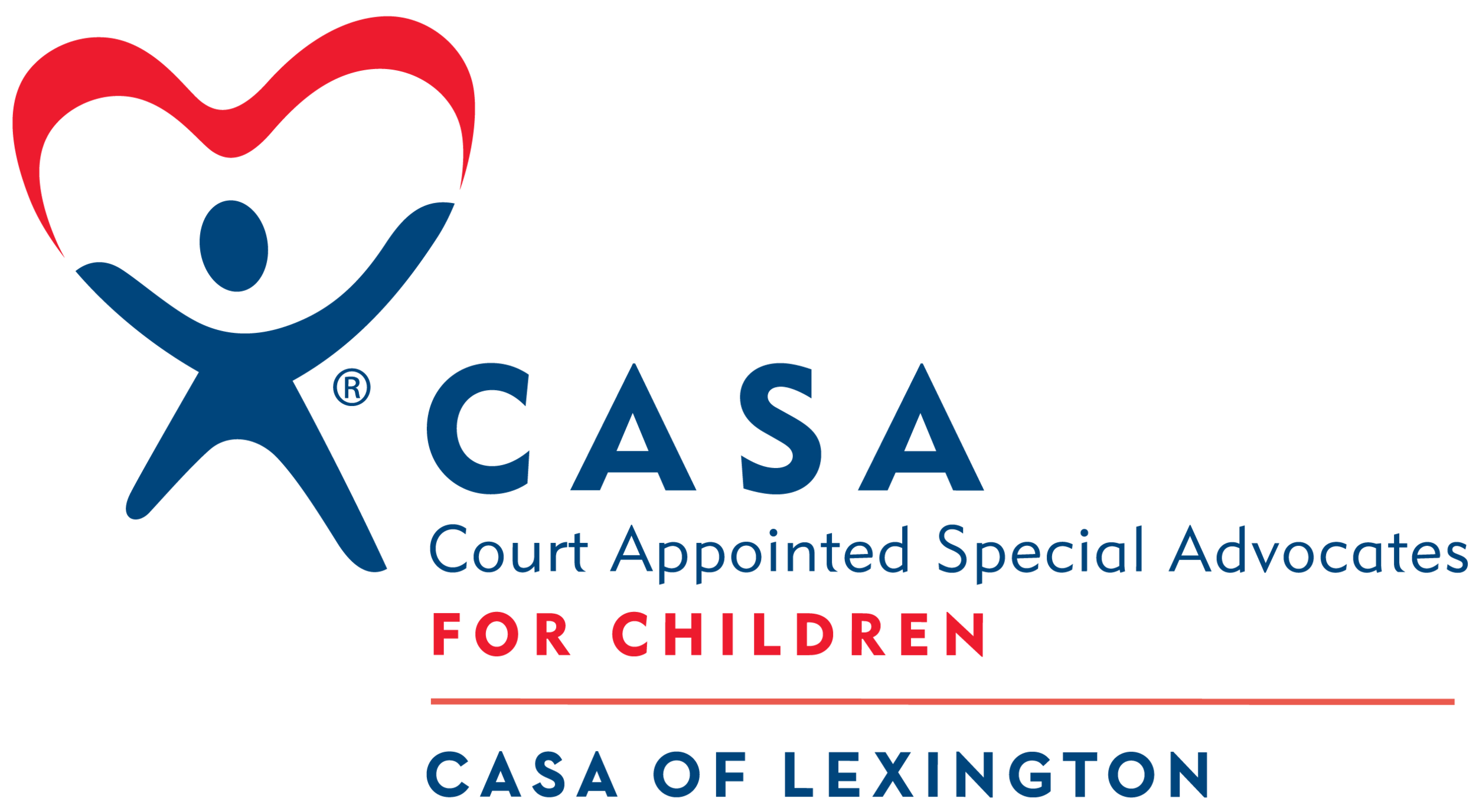National CASA History
In 1976, Superior Court Judge David Soukup of Seattle, Washington, saw a recurring problem in his courtroom: "In criminal and civil cases, even though there were always many different points of view, you walked out of the courthouse at the end of the day and you said, 'I've done my best; I can live with this decision,' he explains. But when you're involved with a child and you're trying to decide what to do to facilitate that child's growth into a mature and happy adult, you don't feel like you have sufficient information to allow you to make the right decision. You can't walk away and leave them at the courthouse at 4 o'clock. You wonder, 'Do I really know everything I should? Have I really been told all of the different things? Is this really right?'"
“To ensure he was getting all the facts and the long-term welfare of each child was being represented, the Seattle judge came up with an idea that would change America’s judicial procedure and the lives of over a million children. He obtained funding to recruit and train community volunteers to step into courtrooms on behalf of the children: Court Appointed Special Advocate (CASA) volunteers.”
This unique concept was implemented in Seattle as a pilot program in January 1977. During that first year, the program provided 110 trained CASA volunteers for 498 children in 376 dependency cases. In 1978, the National Center of State Courts selected the Seattle program as the "best national example of citizen participation in the juvenile justice system." This recognition, along with a grant from the Edna McConnell Clark Foundation of New York City (one of CASA's earliest and strongest supporters,) resulted in the replication of the Seattle CASA program in courts across the country.
As CASA projects developed, each new local program director made an on-site visit to the original Seattle host program for observation and training. By 1982, it was clear that a national association was needed to direct CASA's emerging national presence. The National Court Appointed Special Advocate Association was formed that year. By 1984, the National CASA Association received financial support from several significant sources: the National Council of Juvenile and Family Court Judges, under the direction of the U.S. Department of Justice; Office of Juvenile Justice and Delinquency Prevention; the U.S. Department of Health and Human Services; and the Edna McConnell Clark Foundation. National CASA also receives support from the Kappa Alpha Theta Foundation. This international women's fraternity selected CASA as its philanthropy and has provided funds for a variety of projects, including start-up grants and a public awareness video.
The Association opened its national headquarters office in Seattle, Washington in the summer of 1984, and launched a membership and fundraising drive.
On April 22, 1985, President Ronald Reagan presented the National CASA Association with the President's Volunteer Action Award for "outstanding volunteer contribution, demonstrating accomplishment through voluntary action." In August of 1989, the American Bar Association, the country's largest professional organization of attorneys, officially endorsed the use of CASA volunteers to work with attorneys to speak for abused and neglected children in court. In July of 1990, the National Council of Juvenile and Family Court Judges named CASA "Outstanding Volunteer Program" in America's juvenile and family courts. Also during that year, the U.S. Congress authorized the expansion of CASA with the passage of the “Victims of Child Abuse Act of 1990” (P.L. 101-647), so that a “court-appointed special advocate shall be available to every victim of child abuse or neglect in the United States that needs such an advocate.” The U.S. Advisory Board on Child Abuse and Neglect included utilization of CASA and GAL (guardian ad litem) volunteers among critical first steps recommended to bring the “national emergency” of child abuse and neglect in America today under control.
In July of 1991, the Office of Juvenile Justice and Delinquency Prevention, U.S. Department of Justice, named CASA an "Exemplary National Program in Juvenile Delinquency Prevention."
In December of 1992, David Soukup, founder of CASA, was recognized with an award from the Caring Institute of Washington D.C. Also in 1992, Congress initiated funding of a grants program to expand CASA representation of abused and neglected children.
Today, the National CASA Association represents 900+ CASA programs across the country, including Washington DC and the U.S. Virgin Islands. This network includes over 59,000 volunteers and serves over 243,000 children nationwide. National CASA provides support for starting programs, technical assistance, training, and fundraising, media, and public awareness services.
CASA of Lexington's History
In 1986, District Court Judge Don Paris attended the National Judicial College in Reno, Nevada. He participated in a workshop on the Court Appointed Special Advocates (CASA) program that started in Seattle, Washington. He embraced the concept and returned to Lexington, determined to develop a program. He and Sue Timmons, Dependency Coordinator for Juvenile Court Services, developed the CASA Project of Lexington.
On February 15, 1990, the CASA Project adopted the Friend of Court Model. In this model, the judge utilizes the CASA as an impartial observer to serve as the eyes and ears of the court. CASA of Lexington operated solely as a project of Lexington-Fayette Urban County Government’s Department of Social Services until May 2003, when the program incorporated and became a 501(c)3 nonprofit organization.
CASA of Lexington continues its relationship with LFUCG, while the nonprofit status enables it to seek grants, tax-deductible donations, and other forms of support. The program is currently funded by grants, donations, fundraising, and continued support from local government thereby making it a unique public-private partnership.
In 2023, CASA of Lexington provided advocacy to 681 children in Bourbon, Fayette, Garrard, Jessamine, Lincoln, Scott and Woodford counties. There are still hundreds of children in our area who could benefit from the support of a CASA volunteer.



